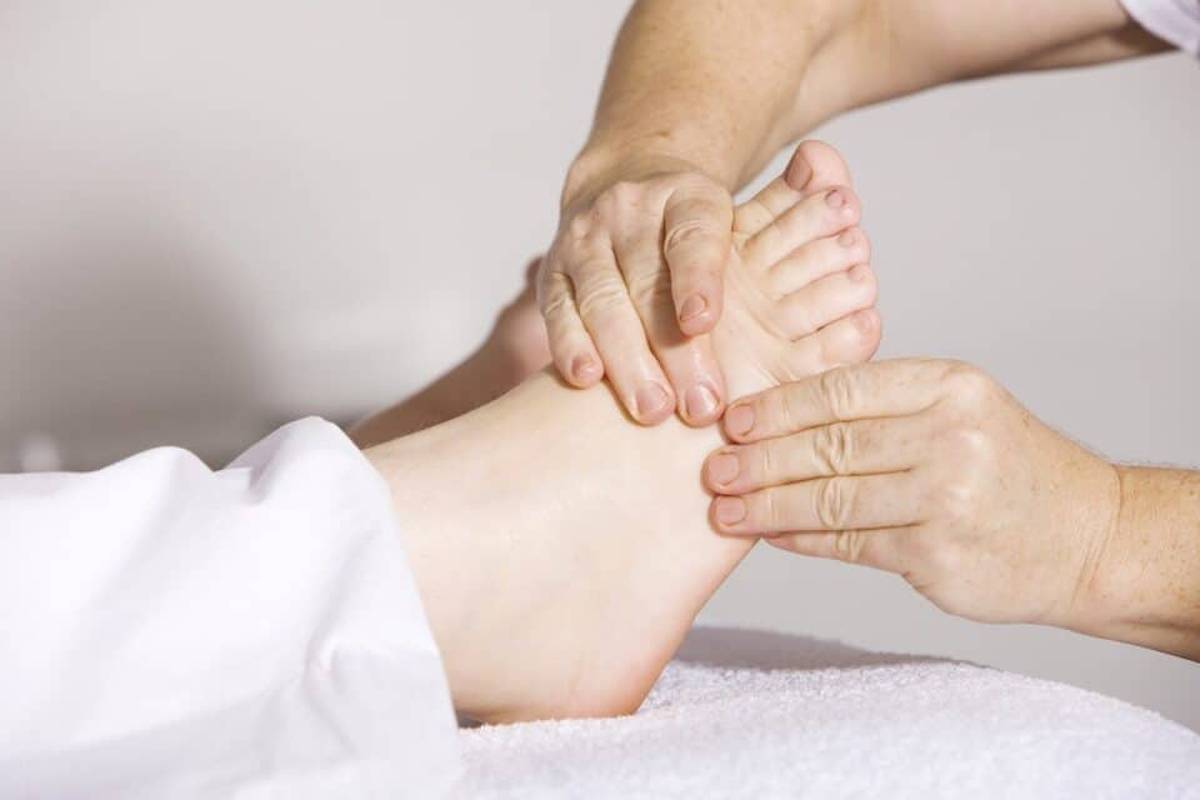Foot Injuries: Preventing Injuries To Your Feet

Foot Injuries: The summer is the perfect time for engaging in a number of physical activities which may not seem so appealing during the cooler seasons. Whether it is finally taking up early morning jogging that the cold winter postponed, hiking or traipsing around on sightseeing trips, or even just wearing the floral print heels that seemed so out of place before the sun arrived, it is important that we should consider the extra strain this could put on our feet. There are a number of different things we should consider in our attempts to prevent foot injuries or stress to our feet.
Wrong Footwear – A Major Cause Of Foot Injury
For a large percentage of cases that involve injured feet, the problem lies with choosing the wrong footwear. Although there is no “one solution fits all” – the correct shoe can depend on a number of criteria depending on the shape of the wearer’s foot, whether they have flat feet or even if they suffer from diabetes – there are measures that can be generally taken to deny injury or stress.
A lot of shoe wearers will make choices on their footwear based entirely on what the shoe looks like rather than its comfort or practical nature. This is a mistake that can cause many issues, the least of which are blisters from ill-fitting shoes. Make sure that a shoe fits properly and that it is neither too big nor too tight; there should be a small gap between the end of the longest toe and the shoe but not so much that the shoe can slide off easily – this prevents friction which, in turn, prevents sores and blisters.
Also Read: 3 Common Household Injuries And How To Deal With Them
Inexperienced and Over Stretching
Many of the more serious injuries can occur from individuals over-stretching themselves or exerting themselves during exercise through inexperience. Some runners will injure themselves through strains by forgetting to warm up or warm down and, in recent times, many have been injured whilst taking to the discipline of barefoot run – a style of exercise that is currently in vogue. Although there are many long-term benefits for barefoot running, the danger comes when the runner throws themselves headfirst into this pursuit.
As the feet need a little time to adjust to this style, it is important to only run short distances at first sans trainers before building up to longer lengths. Similarly, it is important, whilst running, to make sure that the correct pair of trainers are used. Running in flats causes incredible stress to the foot and it is imperative that a runner invests in trainers with support for the soles and arches of the feet. Trainer brands such as Skechers, Nike, and Adidas all make excellent footwear tailor-made for running and many shop assistants will recommend specific pairs for their customers.
Away from the sports field, other injuries can occur through wearing impractical shoes. Sky-high heels can cause incredible pressure on the base of the wearer’s toes which can lead to a number of afflictions including calluses. Whilst they are fine to wear in short doses heels much higher than two and a half inches tall should not be worn for any extended period of walking. Such heights can also cause the risk of turning the wearer’s ankle in the instance of a fall due to the redistribution of the wearer’s balance. Similarly, flat shoes can be equally as bad – ballet pumps and sandals, for example, will cause extra pressure on the wearer’s ball of the foot.
Precaution and Consultation
Medical conditions such as diabetes and obesity are monitored and consultations with doctors should be made to find the ideal way of not worsening the situation with the feet. Obese people, for example, will put extra pressure on ankle joints and are more likely, also, to get bunion pain and hammer toes or develop plantar fasciitis – inflammation of another ligament on the bottom of their feet. More often than not, individuals who suffer from these complaints can resolve them by losing between five and ten per cent of their body weight but it is incredibly important to seek a doctor’s advice if symptoms start to show on any of these issues.
Also Read: Top 4 Ways To Stay Fit Outdoors